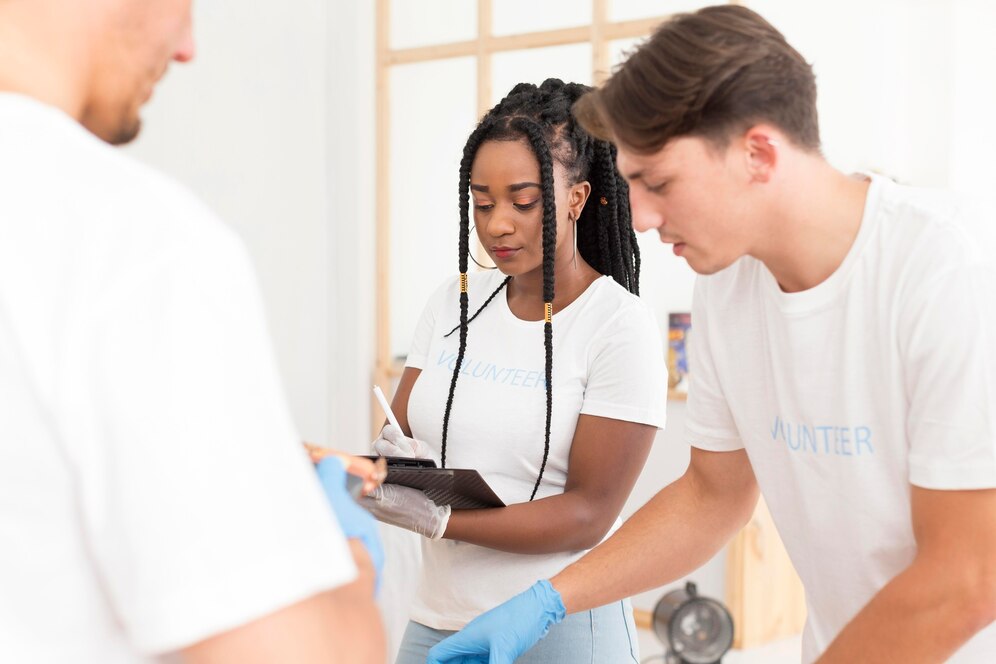Creating a comprehensive women’s health facility requires more than just a modern building—it takes the right team. The key to offering holistic, patient-centered care lies in staffing your women’s health building with a multidisciplinary team that addresses every stage and aspect of a woman’s life.
Why a Multidisciplinary Team Matters in Women’s Health
A multidisciplinary team brings together professionals from different specialties to collaborate on patient care. In a women’s health setting, this approach ensures that patients receive integrated, well-rounded treatment plans—whether for reproductive health, chronic disease management, or mental wellness.
This collaborative model is especially beneficial in women’s health, where conditions often intersect—physical, emotional, and hormonal health must all be considered simultaneously. A well-staffed multidisciplinary team can identify overlapping health issues early and offer tailored interventions.
Key Roles to Include in a Women’s Health Multidisciplinary Team
To build a truly effective multidisciplinary team, consider these essential roles:
- Obstetricians and Gynecologists (OB-GYNs)
They form the backbone of a women’s health clinic, addressing reproductive health, pregnancy, and menopause. - Primary Care Physicians (PCPs)
PCPs provide continuous, comprehensive care and coordinate with specialists for a unified patient approach. - Nurse Practitioners and Physician Assistants
They help reduce patient wait times and increase clinic capacity while offering high-quality care. - Midwives and Doulas
Especially in maternal health, midwives and doulas bring valuable support, education, and advocacy. - Mental Health Professionals
Women are statistically more likely to experience anxiety and depression. Having psychologists or licensed therapists on staff can make mental health care more accessible. - Dietitians and Nutritionists
Nutrition is critical in managing PCOS, pregnancy, menopause, and other hormonal issues. Dietitians complement the medical side of care. - Physical Therapists (Pelvic Health Specialists)
These specialists assist in postpartum recovery, pelvic pain management, and overall mobility. - Social Workers
They can help with care navigation, financial counseling, and access to community resources—particularly helpful for underserved populations. - Endocrinologists
For complex hormonal or metabolic issues, having an in-house endocrine specialist strengthens the scope of care. - Administrative and Care Coordination Staff
A solid support team ensures efficient scheduling, follow-ups, and interdepartmental communication.
Best Practices for Hiring Your Team
- Start with a Needs Assessment: Understand the community you’re serving. Are maternal health services in high demand? Are there gaps in mental or hormonal care?
- Prioritize Cultural Competency: Hire professionals trained in trauma-informed care and sensitive to cultural, ethnic, and gender-specific issues.
- Foster Interdisciplinary Collaboration: Create regular case review meetings and shared digital tools to encourage real-time collaboration between providers.
- Offer Professional Development: Keeping your multidisciplinary team up-to-date with the latest in women’s health care boosts morale and patient outcomes.
Final Thoughts
Staffing a women’s health building with a multidisciplinary team is more than just smart business—it’s a commitment to quality, equity, and long-term health for women. By building a team that works together across disciplines, you’re setting a new standard for care that reflects the complexity and depth of women’s health needs.


